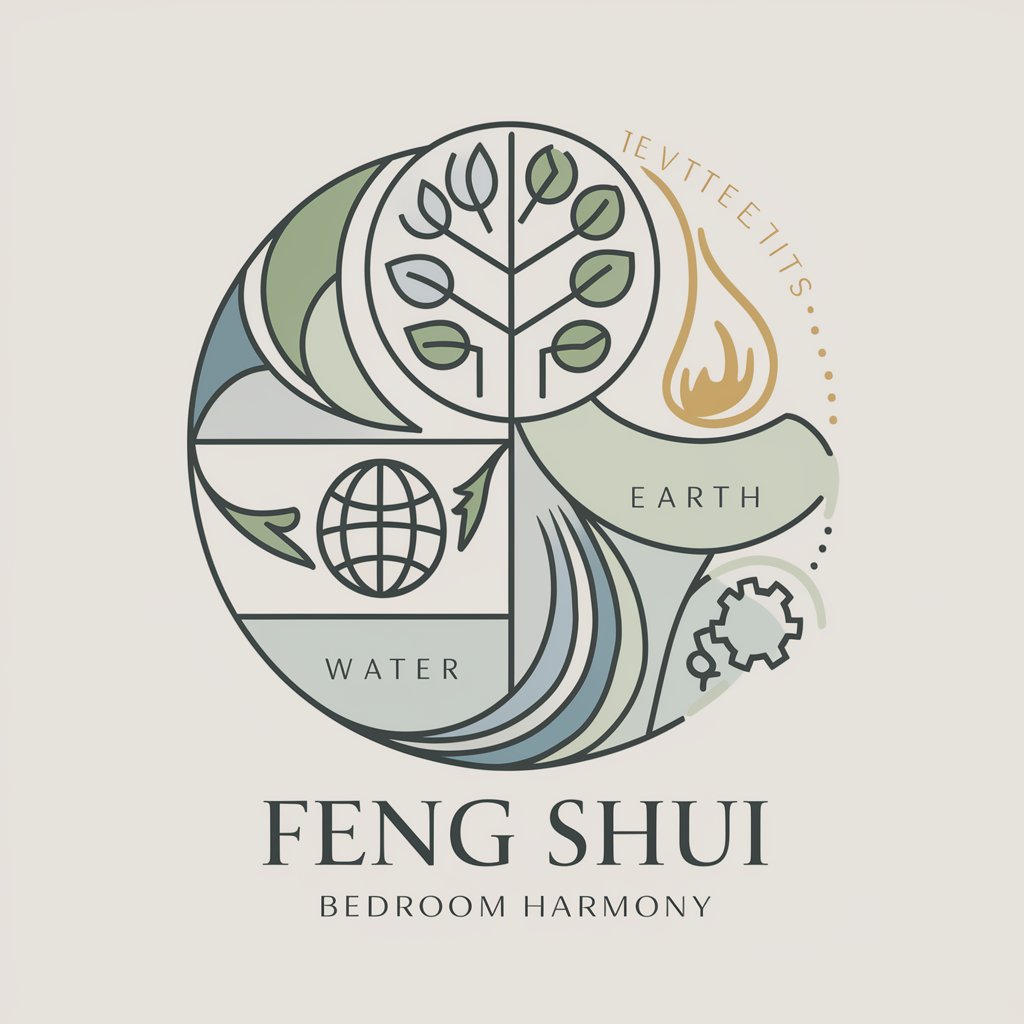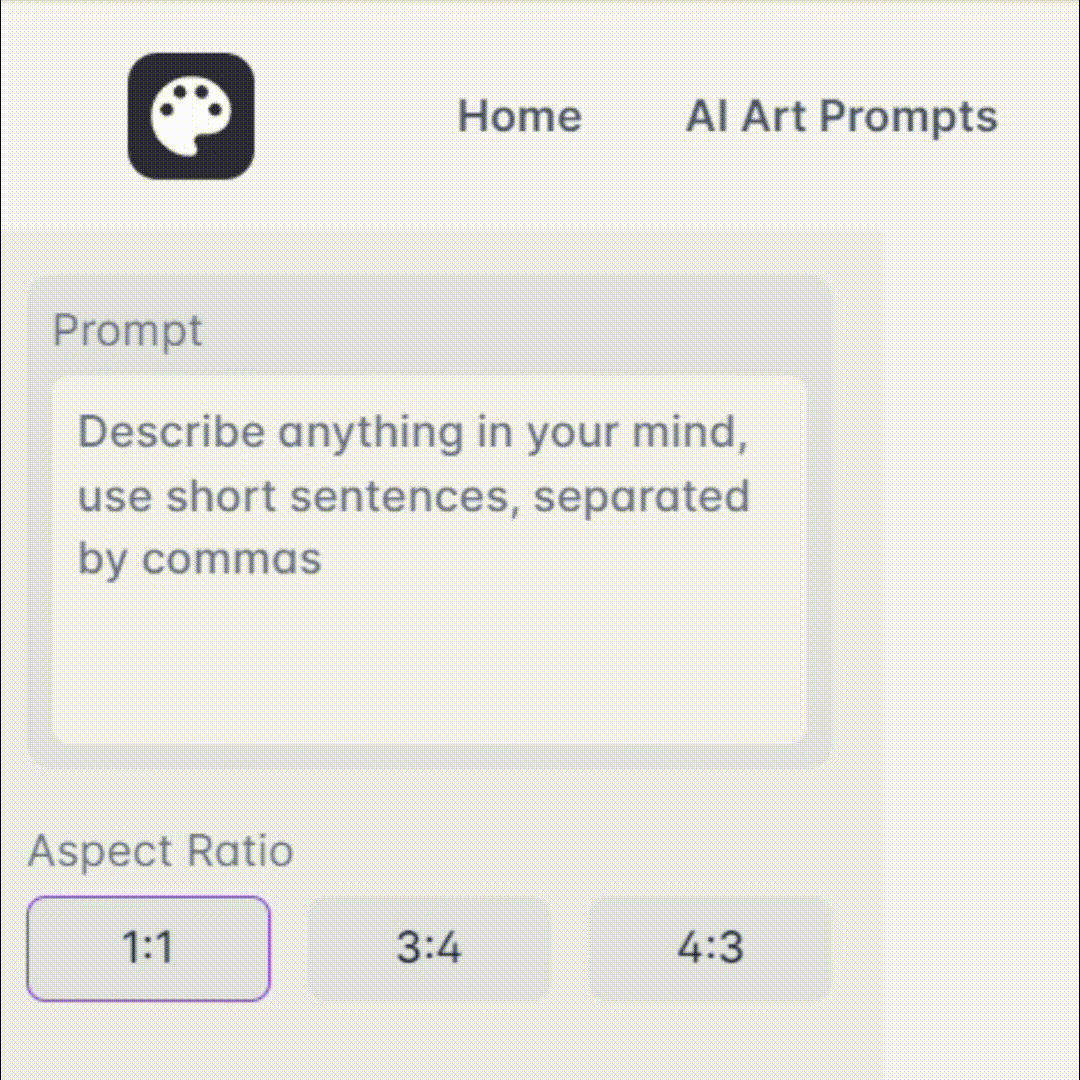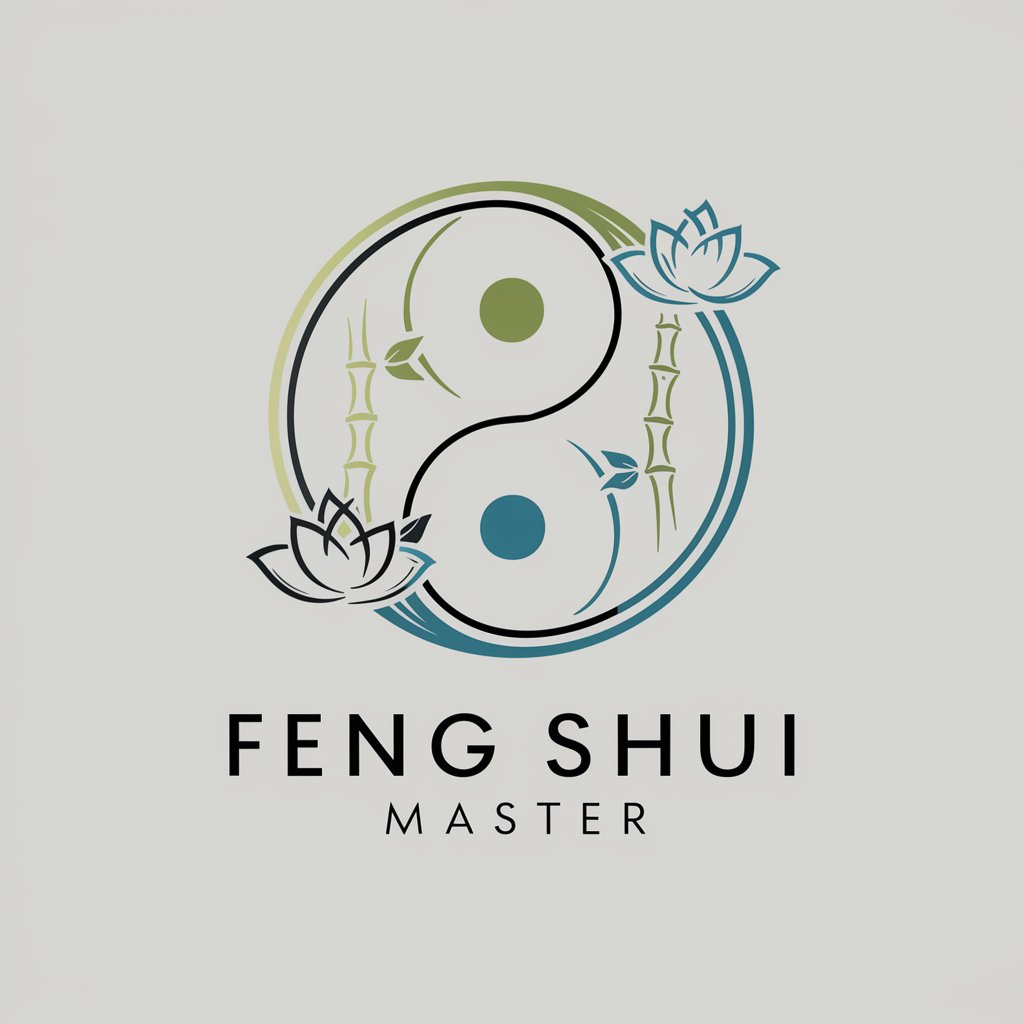
Feng Shui - Feng Shui Style Guide

Hi there! Ready to bring harmony to your bedroom?
Harmonize Your Space with AI
How can I rearrange my bedroom for better energy flow?
What colors should I use to create a calming bedroom atmosphere?
Where should I place my bed for optimal Feng Shui?
How do I balance the five elements in my bedroom?
Get Embed Code
Understanding Feng Shui
Feng Shui is an ancient Chinese practice focused on harmonizing individuals with their surrounding environment through specific spatial arrangements and directional alignments. This practice is based on the Taoist understanding of nature, particularly the theory that the land is alive and filled with Chi, or energy. Feng Shui is applied to optimize the flow of this energy within spaces to enhance well-being and prosperity. For example, in a bedroom, the placement of the bed, choice of colors, and arrangement of furniture are adjusted to promote better sleep and positive energy flow. Powered by ChatGPT-4o。

Core Functions of Feng Shui
Bed Placement Optimization
Example
Adjusting the position of a bed to ensure it faces away from the door but is not directly in line with it, which is known as the 'command position.' This placement helps in reducing anxiety and promoting restorative sleep.
Scenario
In a bedroom where the bed is directly facing the door, adjustments would be suggested to either reposition the bed or use a room divider to disrupt the direct line, enhancing the sense of security and calm.
Color Harmony
Example
Using specific colors that correspond to the elements of Feng Shui—wood, fire, earth, metal, and water—to create a balanced, soothing atmosphere. For instance, soft blue hues might be recommended to promote tranquility and reduce stress.
Scenario
In a home office, if someone is experiencing high stress, introducing elements of the water color palette like blues and blacks can help lower stress levels and boost productivity by fostering a calmer environment.
Clutter Management
Example
Encouraging the removal or organization of clutter to enhance the flow of Chi. A clutter-free room not only looks more appealing but also improves energy flow and mental clarity.
Scenario
For a cluttered living room, suggestions might include decluttering strategies such as using storage solutions that keep the area tidy while ensuring that essential items are still accessible.
Who Benefits from Feng Shui
Homeowners and Renters
Individuals looking to improve their living spaces for better relaxation, health, and overall happiness. Feng Shui can help them create a nurturing, supportive environment.
Business Owners
Entrepreneurs interested in creating a workspace that enhances productivity and attracts prosperity. Feng Shui can be used to design office layouts that boost employee morale and client satisfaction.
Real Estate Professionals
Agents and designers who wish to add value to properties by promoting balance and positive energy, making them more appealing to prospective buyers or renters.

Using Feng Shui: A Step-by-Step Guide
Start Free
Begin by visiting yeschat.ai to access a free trial of Feng Shui analysis tools without the need to log in or subscribe to ChatGPT Plus.
Assess Your Space
Evaluate the layout of your bedroom or any room you wish to harmonize. Identify key areas where energy flow (Chi) may be blocked or unbalanced.
Apply the Bagua Map
Overlay the Bagua map on your room layout to identify how different sections correspond to specific areas of your life, adjusting your space to enhance areas like wealth, health, or love.
Balance the Elements
Incorporate and balance the five Feng Shui elements — wood, fire, earth, metal, and water — to promote harmony. This can be through colors, shapes, or materials in your decor.
Implement Changes Gradually
Make adjustments gradually, allowing time for the energy to settle with each change. Observe how these changes affect your mood and well-being.
Try other advanced and practical GPTs
Legal Guide
Your AI-powered legal companion

Yoga Pose Adjustment Master
Perfect Your Poses with AI

Recipe and Meal Planning
Your AI-Powered Culinary Assistant

金山文岸GPT 2.0
Empowering Writing with AI Nuance

360评估绩效评论大师
Empowering precise employee assessments with AI

论文写作工具
AI-powered assistance for academic writing.

eBook Smith
Craft eBooks with AI-Powered Ease

Risk Adjustment Assistant
Empowering Risk Adjustment with AI

Overexercising
Balance your training with AI-powered insights.

Carbon Border Adjustment Mechanism (CBAM) Wizard
Streamline Your CBAM Reporting with AI

Convert Bot
Instantly Convert Any Measurement

Easy Convert
Transform Any File, Anywhere, Instantly.

Feng Shui: Detailed Q&A
How does Feng Shui affect sleep quality?
Feng Shui can significantly improve sleep quality by optimizing the energy flow in the bedroom, ensuring the bed is in the commanding position, and using calming colors and materials that promote relaxation.
Can Feng Shui help with stress reduction?
Yes, by creating a space that promotes energy balance and reduces clutter, Feng Shui helps lower stress levels and enhances a feeling of tranquility and groundedness in your environment.
What are the best colors for a home office according to Feng Shui?
Colors like green and light blue can enhance productivity and calm in a home office. Avoid overly vibrant colors like bright red, which may increase anxiety and distraction.
How does the placement of water features affect home energy?
Water features like fountains should be placed in areas that correspond to wealth or career on the Bagua map. Avoid placing them in the bedroom as they can introduce too much energy, disrupting sleep.
What is the significance of mirrors in Feng Shui?
Mirrors in Feng Shui are used to expand spaces, reflect beautiful views, and double the energy of whatever they reflect. Placement is crucial, as improper placement can bring negative energy.






